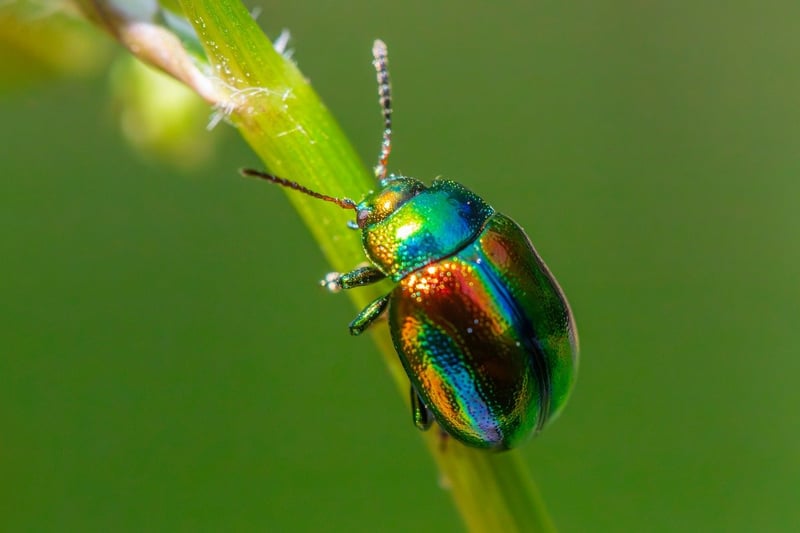Pest control strategies
Keep Your Garden Thriving with Effective Pest Control Strategies
Having a beautiful garden is a rewarding experience, but pesky pests can quickly turn your oasis into a battleground. To keep your garden thriving, it's essential to implement effective pest control strategies that are safe for your plants, the environment, and yourself. Here are some tips to help you maintain a healthy and vibrant garden:
1. Identify the Pests
Before you can effectively control pests, you need to know what you're dealing with. Take the time to identify the specific pests that are causing damage to your plants. Common garden pests include aphids, slugs, snails, and caterpillars.
2. Use Natural Predators
One of the most environmentally friendly ways to control pests is by introducing natural predators into your garden. Ladybugs, lacewings, and praying mantises are great at keeping pest populations in check.
3. Practice Crop Rotation
Rotating your crops each season can help disrupt pest life cycles and reduce infestations. This method can also help improve soil health and prevent nutrient depletion.
4. Neem Oil Spray
Neem oil is a natural insecticide that can effectively control a wide range of pests, including aphids, mites, and caterpillars. Mix neem oil with water and a few drops of dish soap, then spray it on your plants to deter pests.
5. Companion Planting
Planting certain species together can help naturally repel pests. For example, marigolds can deter nematodes, while basil can repel mosquitoes and flies.
6. Handpick Pests
Sometimes the best way to control pests is by physically removing them from your plants. Handpicking pests like caterpillars, slugs, and snails can be an effective and satisfying method of pest control.
7. Maintain Garden Hygiene
Keeping your garden clean and free of debris can help eliminate hiding spots for pests. Regularly remove dead leaves, weeds, and other plant debris to reduce the likelihood of pest infestations.

By implementing these pest control strategies, you can keep your garden healthy and thriving without resorting to harmful chemicals. Remember that a balanced ecosystem is key to a successful garden, so strive to maintain harmony between plants, pests, and beneficial insects.
Happy gardening!
